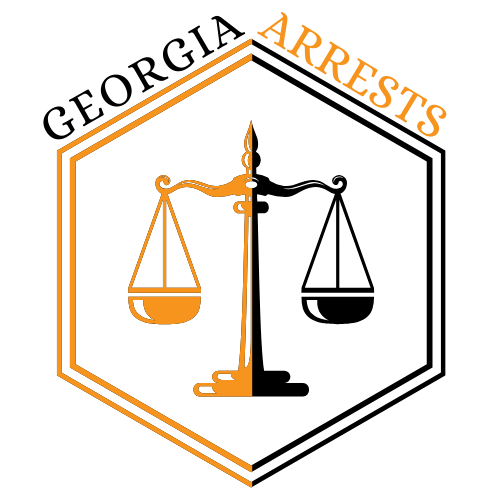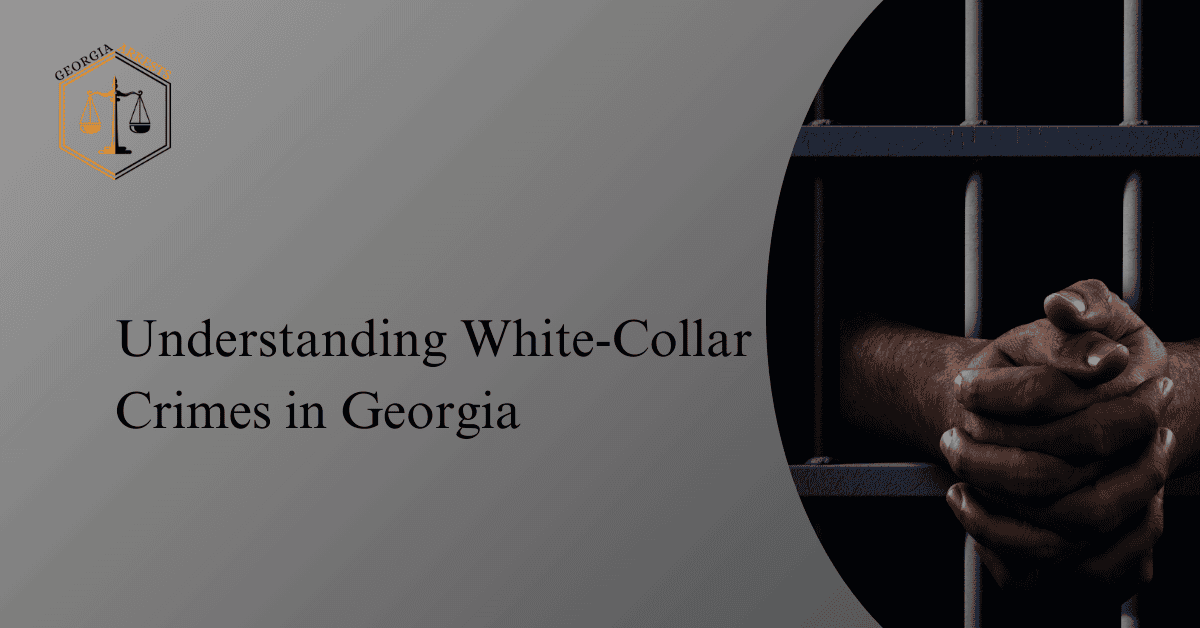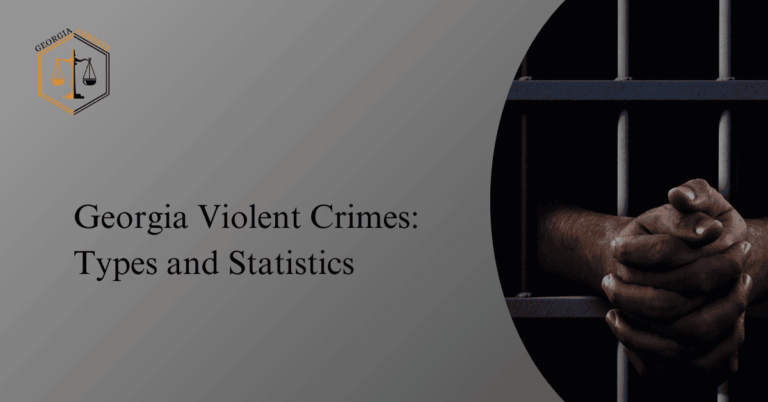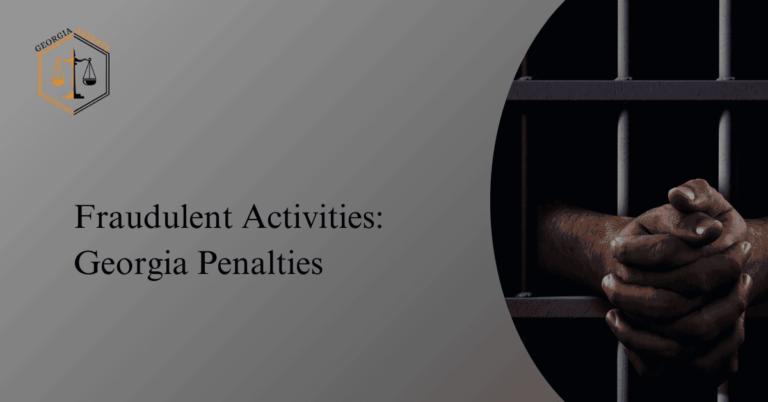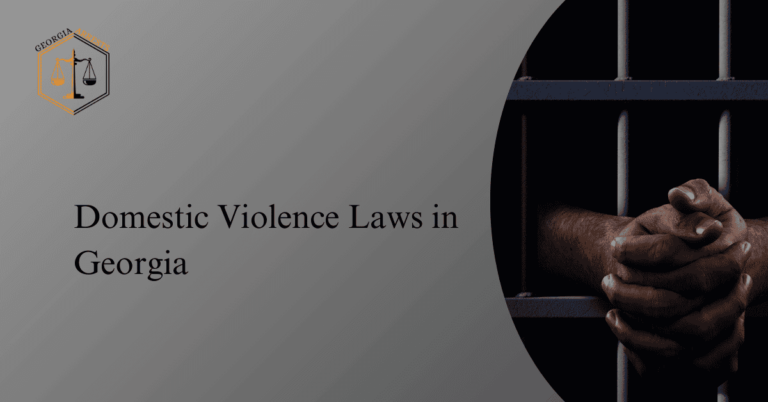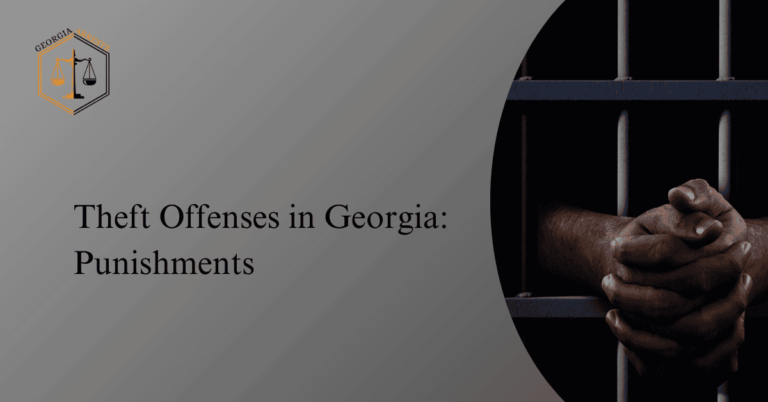Understanding White-Collar Crimes in Georgia
White-collar crimes in Georgia encompass a range of fraudulent activities committed by individuals in professional or business settings. These offenses typically involve deceit, manipulation, and exploitation for financial gain. Understanding the complexities of white-collar crimes is crucial in navigating the legal landscape of Georgia, where such offenses can have severe consequences. By delving into the intricacies of these crimes, individuals can better protect themselves and their businesses from falling victim to fraudulent schemes.
From embezzlement to securities fraud, white-collar crimes in Georgia pose a significant threat to both businesses and individuals. The state’s laws and regulations surrounding these offenses are constantly evolving to address new forms of financial misconduct. By gaining insight into the nature of white-collar crimes in Georgia, individuals can proactively safeguard their assets and livelihoods from the deceptive practices that continue to plague the business world.
Overview of White-Collar Crimes in Georgia
White-collar crimes in Georgia encompass a variety of fraudulent activities, typically motivated by financial gain and perpetrated by individuals in positions of trust within businesses or government entities. It’s essential to grasp the nature of these crimes to effectively prevent and address them.
Types of Fraudulent Activities
Embezzlement, one prevalent form of white-collar crime, involves the misappropriation of funds or assets by entrusted individuals like employees or financial officers. In Georgia, embezzlement carries severe consequences, including criminal charges, substantial fines, and potential imprisonment, necessitating stringent internal controls within businesses.
Another significant type is securities fraud, which encompasses deceptive practices such as insider trading or dissemination of false information in the stock market. Engaging in securities fraud can lead to civil lawsuits and criminal prosecution, prompting Georgia to enforce strict laws to safeguard investors and maintain market integrity.
Legal Landscape in Georgia
Georgia continuously updates its legal framework to combat white-collar crimes effectively, collaborating with federal agencies to investigate and prosecute offenders. A deep understanding of these legal intricacies is essential for businesses and individuals navigating the complexities of white-collar crime cases within the state.
Protecting Assets and Livelihoods
Businesses and individuals in Georgia can shield themselves against white-collar crimes by implementing robust fraud prevention measures. This includes thorough background checks on employees, vigilant monitoring of financial transactions, and fostering organizational cultures emphasizing transparency and accountability.
Importance of Understanding White-Collar Crimes
An in-depth comprehension of white-collar crimes is paramount for identifying warning signs and averting potential financial losses. By staying abreast of evolving trends and schemes in white-collar crime, businesses in Georgia can safeguard their assets and reputations through proactive measures and vigilant oversight.
Frequently Asked Questions
Our Frequently Asked Questions section aims to provide comprehensive information on understanding white-collar crimes in Georgia. Below, you will find detailed answers to common queries related to this topic.
What are white-collar crimes?
White-collar crimes refer to non-violent, financially motivated offenses typically committed by individuals in high social or professional positions. These crimes often involve deceit, manipulation, or breach of trust for monetary gain.
What are some examples of white-collar crimes?
Examples of white-collar crimes include embezzlement, fraud, insider trading, money laundering, identity theft, and bribery. These offenses are usually committed by individuals within the business, government, or financial sectors.
How are white-collar crimes prosecuted in Georgia?
In Georgia, white-collar crimes are prosecuted through investigations by law enforcement agencies, such as the Georgia Bureau of Investigation (GBI) or the Federal Bureau of Investigation (FBI). Prosecutors present evidence to prove the accused’s guilt beyond a reasonable doubt in court.
What are the penalties for white-collar crimes in Georgia?
The penalties for white-collar crimes in Georgia vary depending on the severity of the offense. Individuals convicted of such crimes may face fines, restitution, probation, or imprisonment. The court considers factors like the amount of money involved and the defendant’s criminal history when determining sentencing.
How can I defend myself against white-collar crime allegations in Georgia?
If you are facing white-collar crime allegations in Georgia, it is crucial to seek legal representation from experienced criminal defense attorneys. They can help build a strong defense strategy, challenge evidence presented by the prosecution, and protect your rights throughout the legal process.
What are the effects of a white-collar crime conviction in Georgia?
A white-collar crime conviction in Georgia can have severe long-term consequences, including damage to your reputation, loss of employment opportunities, and difficulty securing future employment. Additionally, individuals convicted of such crimes may face challenges in rebuilding trust within their professional and personal relationships.
